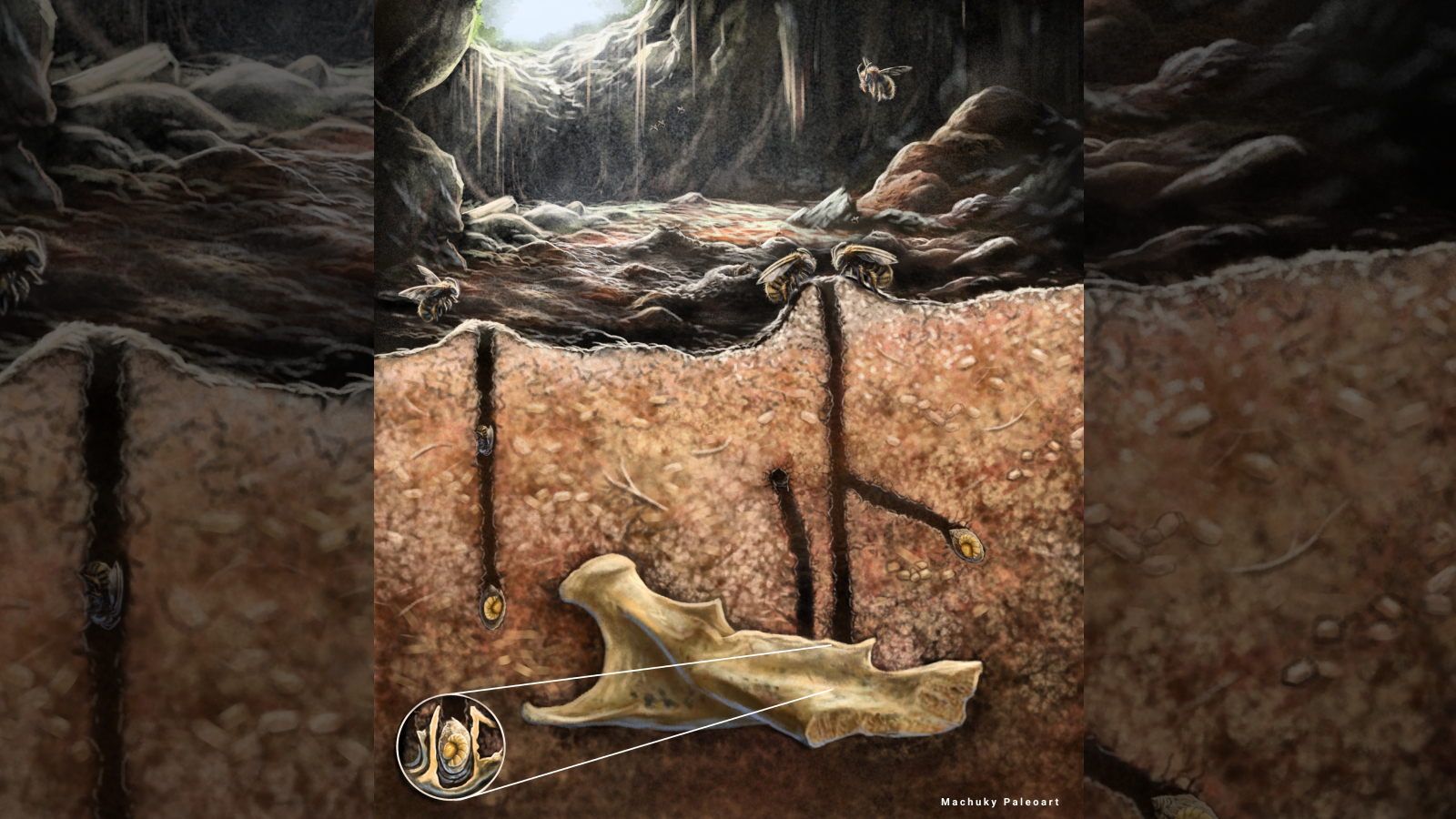Madagascar Wetland Bird Declared Extinct

A rare species of bird, restricted to a small area of the biologically rich island of Madagascar, has gone extinct, thanks in part to the introduction of a carnivorous fish, a conservation group has announced.
The now-extinct bird — called the Alaotra Grebe (Tachybaptus rufolavatus) — was a wetland-dweller that was one of many endemic and unique species to the island off the east coast of Africa.
The species saw a rapid decline after carnivorous fish were introduced to the lakes in which it lived. Also contributing the birds' extinction were fisherman's nets, in which the birds would be caught and then drown, according to BirdLife International, a conservation group that is a member of the International Union for Conservation of Nature (IUCN).
"No hope now remains for this species. It is another example of how human actions can have unforeseen consequences," said Leon Bennun, BirdLife International’s Director of Science, Policy and Information. "Invasive alien species have caused extinctions around the globe and remain one of the major threats to birds and other biodiversity."
Another wetland bird species, this time in Cuba, is also suffering from similar threats, BirdLife International reports. The Zapata Rail (Cyanolimnas cerverai) has been bumped up to a Critically Endangered listing on the IUCN's Red List of Threatened Species. Threats to this bird come from mongooses and exotic catfish introduced into its native habitat.
An extremely secretive marsh-dwelling species, the only nest ever found of this species was described by James Bond, a Caribbean ornithologist and the source for Ian Fleming’s famous spy’s name.
Other wetland bird species around the world are also under duress from pollution and drainage of coastal wetlands. In Asia and Australia, numbers of once common wader species such as Great Knot (Calidris tenuirostris) and Far Eastern Curlew (Numenius madagascariensis) are dropping rapidly.
Get the world’s most fascinating discoveries delivered straight to your inbox.
"Wetlands are fragile environments, easily disturbed or polluted, but essential not only for birds and other biodiversity but also for millions of people around the world as a source of water and food," said Stuart Butchart, BirdLife's Global Research and Indicators Coordinator.
- Images: Rare and Exotic Birds
- 10 Species You Can Kiss Goodbye
- Images: Invasive Species



